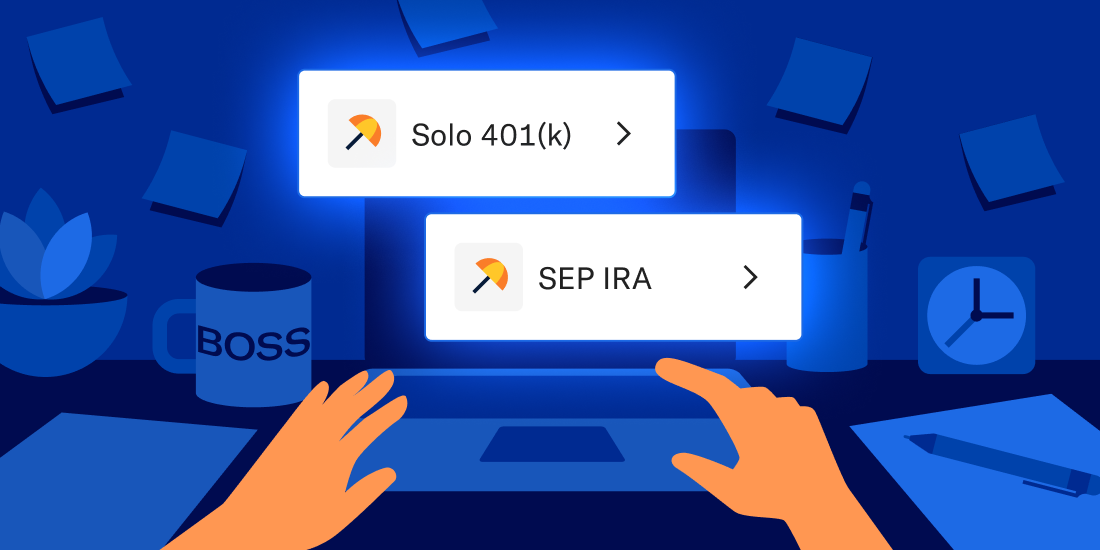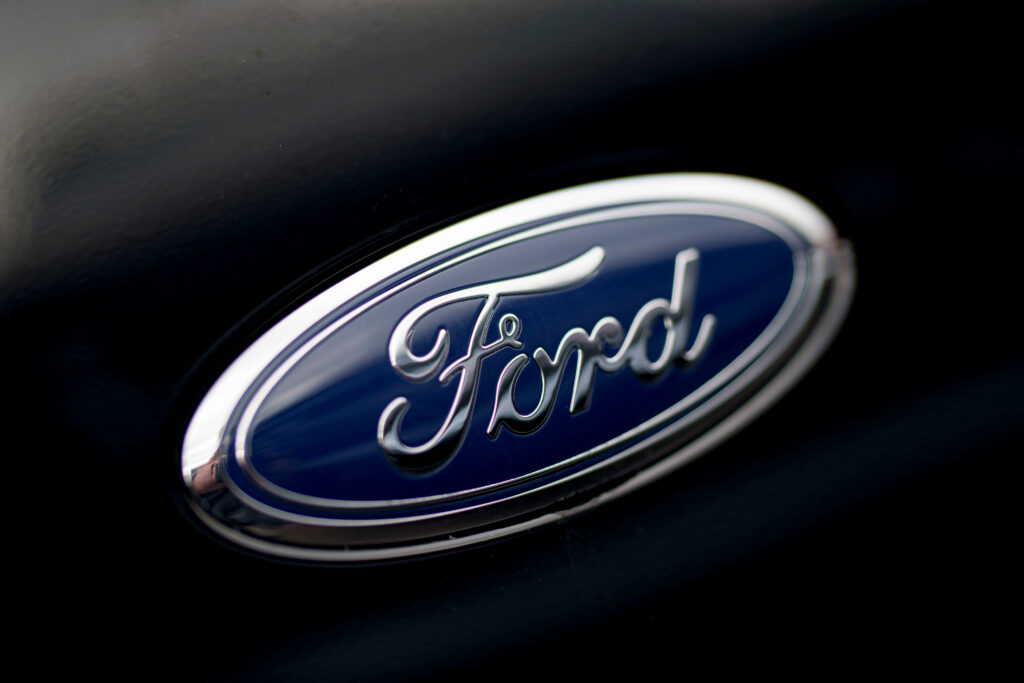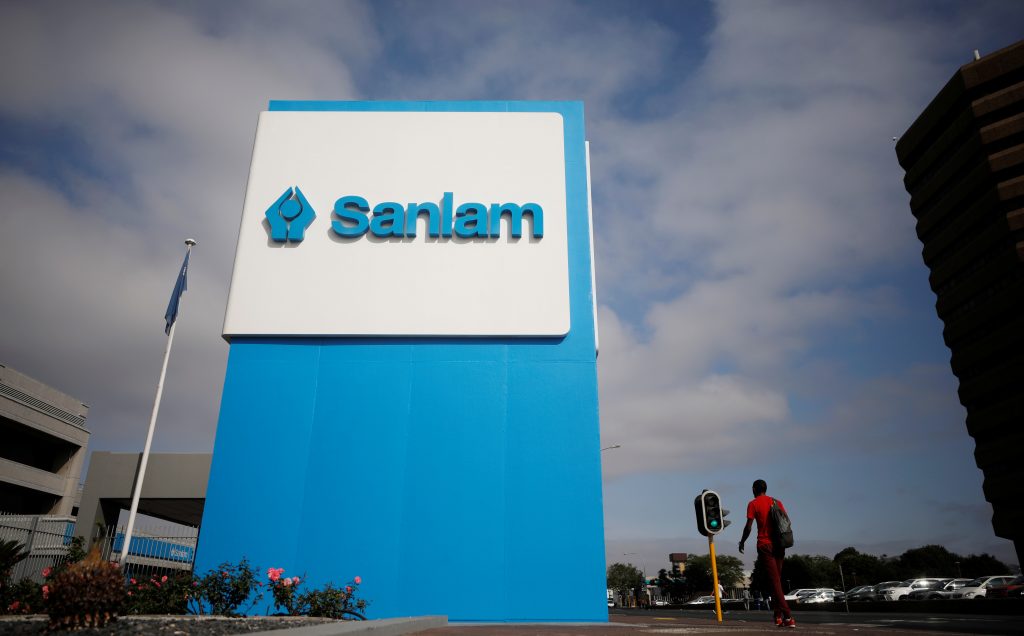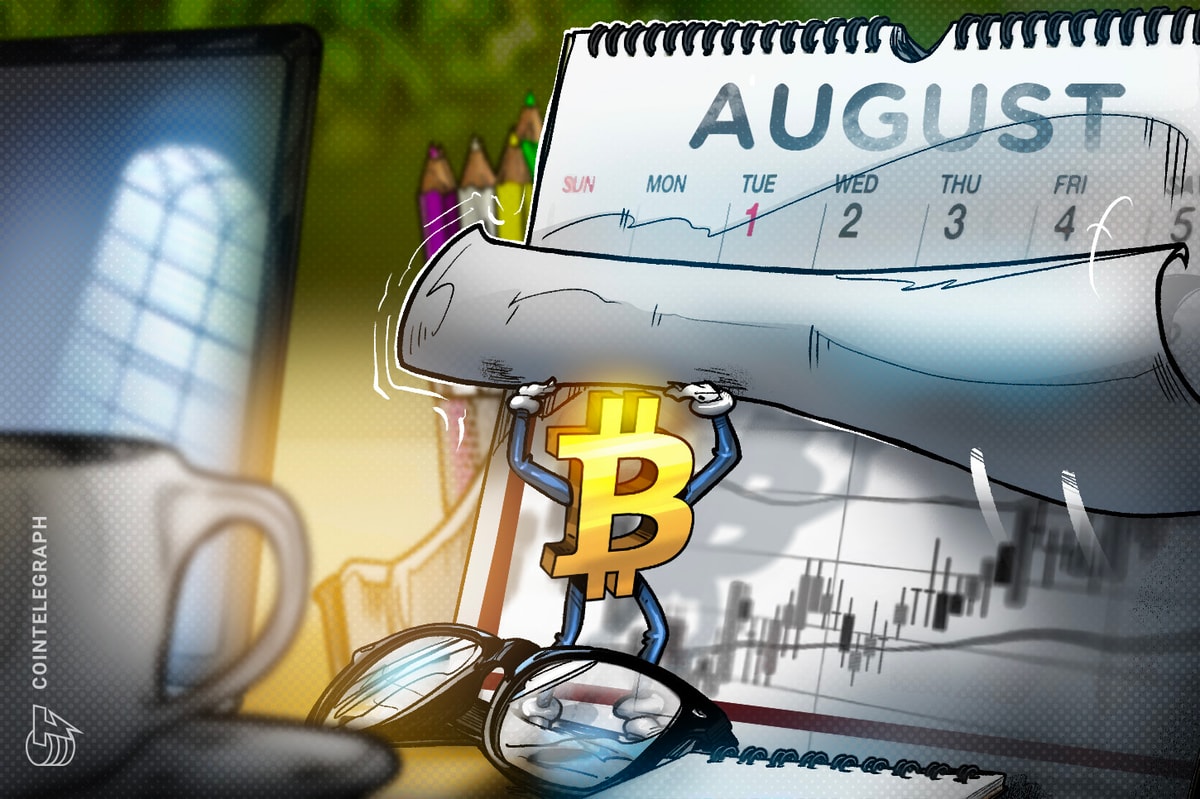You can also listen to this podcast on iono.fm here.
JEREMY MAGGS: For many South Africans, Eskom, I think, has become a byword for failure and corruption. Once again, ordinary South Africans are being left to pick up the tab. The state utility continues to push for higher tariffs, while households and businesses struggle under the weight of a fragile economy. But here’s the question: why should citizens carry the burden of mismanagement, tender fraud, and, in many cases, outright looting?
Listen/read: ‘Corruption ultimately makes the poor pay’ – Andy Mothibi [May 2024]
Read: Nersa confirms R54bn secret settlement with Eskom
That is a challenge that’s being posed by the South African Federation of Trade Unions [Saftu], whose general secretary, Zwelinzima Vavi, says enough is enough and he joins me on the programme. Zweli, why do you believe that citizens are unfairly paying for Eskom’s corruption? What is the thrust of your argument?
ZWELINZIMA VAVI: Overall, we are very disappointed – and very angry – that the people identified in the Zondo Commission as having been partly responsible for the mess we find ourselves in, are the same people we are being asked to call “honourable members” of Parliament. That’s what is driving us mad.
The very same people have so much to say, by the way, about the crisis that we’re finding ourselves in. Look, Jeremy, for 16, 17 years, we’ve now had a total of more than 500% increase of tariffs in Eskom. Extraordinarily high. Totally shifting the burden of the crisis from the creators of the crisis to the ordinary people, the shoulders, the backs of workers: small middle micro enterprises, the unemployed, the poor, the marginalised – the majority – and including big firms. The impact of that is now beginning to be overwhelming.
Read: Major power users call on Nersa to reopen Eskom tariff determination
As you can see, there is no one day that goes by without someone, somewhere, announcing that they are going to shut down, that they are going to cut jobs, be it big or small firms. Twelve thousand jobs are gone in the smelters in South Africa. ArcelorMittal South Africa is on the brink, and everyone else is saying we can’t cope. The driving factor making companies unsustainable is the rate at which they are being asked to pay for the failures of Eskom.
So we’re very angry. We’re very angry that this is the situation.
Now, we are being asked to pay close to 9% for next year and two years to come, three times above the rate of inflation.
ADVERTISEMENT
CONTINUE READING BELOW
As you know, the municipalities add their own charges: 10% for some, up to 14% for others, meaning that actually we are being asked to pay another 18%, 19% in a row. This is happening year in, year out. We can’t cope with this.
JEREMY MAGGS: You talk about an overwhelming burden. Yet Eskom would turn around and say that it has a debt relief plan, which is designed to protect consumers. I suspect that you would reject that argument.
ZWELINZIMA VAVI: Absolutely. We are arguing that the whole structure of Eskom has become unsustainable. You can’t continue to ask people to pay these extraordinary amounts of money to fund corruption.
For example, we argue that the whole issue of Eskom’s R400 billion debt that was generated by the overruns and massive corruption we saw at Medupi and Kusile, has resulted in us being asked to pay billions of rands to the World Bank.
That’s why, amongst others, we are demanding that these amounts of money be declared odious debt, meaning that the World Bank would have been paying and funding deliberately, wilfully, corruption in Medupi and Kusile, and it knew that part of that corruption benefited the ruling party through Chancellor House, which is facing fire in the United States of America, but is not facing any kind of consequences here at home where they actually robbed us.
Read: Chancellor House made 5 000% return on Hitachi investment – Sec [Oct 2015]
The people who suffered from that corruption are not in the United States of America, but they are here in South Africa.
JEREMY MAGGS: I’m wondering whether you might, ironically, now find yourself on the side of Business Leadership South Africa [BLSA]. Its chief executive, Busisiwe Mavuso, writes that Eskom’s tariff system shields it from cost discipline and punishes consumers, as you’ve just outlined to me. She goes on to say the only fix is to fast-track a competitive electricity market. Is she right?
ZWELINZIMA VAVI: She’s right about the first part, but wrong about the second part. We are already in that competitive market, if we can argue. Eskom is now somehow subsidising independent power producers (IPPs) to the tune of R20 billion a month. That’s privatisation through the back door.
Read: Eskom’s pricing proves we need competitive markets now
Eskom was not allowed to roll out renewables for some time, and that space was occupied by these IPPs. That’s bringing in competition.
ADVERTISEMENT:
CONTINUE READING BELOW
The price – that’s where we will disagree with BLSA – the price of all of that, as shown by the balance sheet of Eskom, is that we are being asked to fund R20 billion because Eskom is effectively subsidising the IPPs.
It produces electricity and sells it more expensively to these guys, and it’s not fair.
We demand that the contracts – the secret contracts that have been signed by the government with these IPPs – be presented in public, be publicised. We demand transparency, and we demand a full inquiry by parliament as to why we signed these agreements, and why they have remained secret so many years after they were signed.
JEREMY MAGGS: I’m wondering to what extent, in your opinion, part of the blame must be laid at the regulator, the National Energy Regulator of South Africa [Nersa]. It’s been forced to adjust the tariff increases following an error in calculation. Do they carry any of the blame?
ZWELINZIMA VAVI: They do. We call this regulatory capture. These guys are “Yes, boss. Yes, ma’am” of Eskom. For years, they have not said to Eskom: guys, how do you think what you are asking us to do, year in and year out, is sustainable? Asking 20%, 25%, sometimes 30% increases in tariffs. How is that sustainable?
Read: Nersa’s mistakes will hit you hard
Listen/read: Eskom’s new tariff plan to send shockwaves through solar users
They have not said to Eskom – despite having public hearings from time to time – they have not said, it stops here and we are now drawing the line in the sand. You have to talk about your structure, and you have to talk about your sustainability, your levels of efficiency. We have to talk about every one of your input costs. How much are you buying coal for, from who and at what price, competitively?
And whether in South Africa, which is the home of massive underground reserves of coal, must end up with the crisis of Eskom buying such expensive coal from companies in South Africa, and at times paying them in advance in order to guarantee these companies’ lifespan.
Nersa is not asking those questions, and we are very worried. This is what we call regulatory capture.
JEREMY MAGGS: Zwelinzima Vavi is the general secretary of the South African Federation of Trade Unions. Thank you very much.
Follow Moneyweb’s in-depth finance and business news on WhatsApp here.

 2 days ago
1
2 days ago
1






















 English (US) ·
English (US) ·